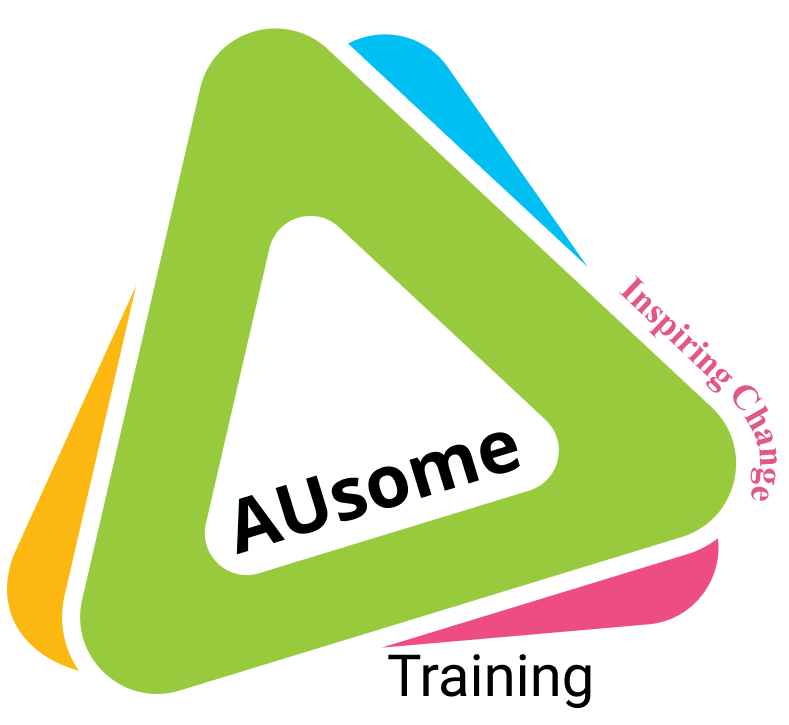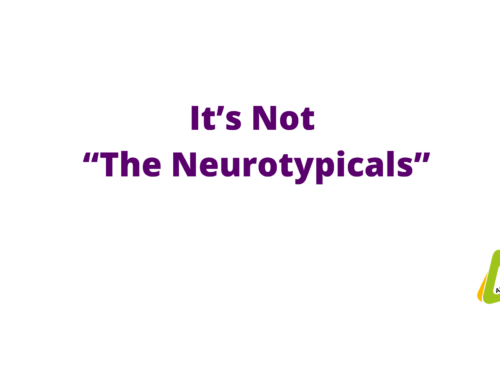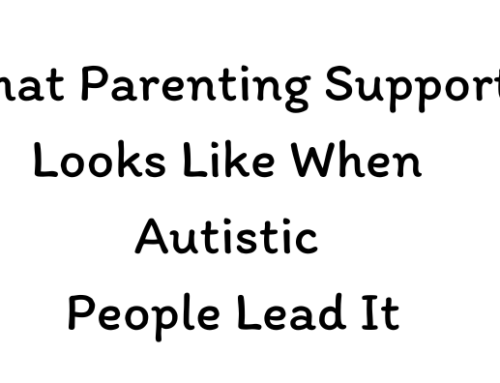We talk about “perfectionism” like it’s a quirky character trait. Something to joke about in job interviews. “Oh, I’m a bit of a perfectionist!” we say, half-smiling, as if it’s a sign of ambition. A mark of someone who cares deeply and tries their best.
But the version of perfectionism I want to talk about today isn’t funny or charming. It’s not about high standards or having pride in your work. That kind of care is something else entirely — something healthy. What I’m talking about is the deep, gnawing compulsion to never be good enough. The kind that sets you up to fail over and over again because the finish line keeps moving. The kind that masquerades as motivation but is actually self-punishment. The kind that starts out as protection and ends up as self-harm.
Perfectionism as a Trauma Response
Perfectionism, for so many of us, begins with fear.
Fear of being found out. Fear of rejection. Fear of not being loved unless we’re exceptional. Maybe we were criticised constantly. Maybe we were praised only when we overperformed. Maybe we learned that mistakes made us unsafe — emotionally, physically, socially. So we set out to fix that. To protect ourselves. If I just get it right, then no one can hurt me. If I’m perfect, then I’m safe.
And for a while, it works. Sort of.
We get praise. We get noticed. We avoid blame. We control the narrative. But the price is high. The price is ourselves.
Because perfection is a moving target. It’s never arrived at. And it’s never enough.
So we move the goalposts. We rewrite the rules. We finish something we once thought was brilliant, and instead of resting in that achievement, we call it sloppy. Embarrassing. Lazy. We erase the version of ourselves that was proud a few days ago and replace them with a cruel editor who demands more, better, perfect.
The Inner Critic Becomes the Architect
It’s easy to think of perfectionism as “high standards.” But this isn’t about standards. This is about punishment.
This kind of perfectionism doesn’t build you up — it tears you apart. And it’s clever. It dresses up as self-improvement. It tells you it’s helping. That it’s the reason you’ve gotten this far. That without it, you’d fall apart. But the truth is: you’re already falling apart because of it.
You are working so hard just to outrun a voice that lives in your own head. A voice you didn’t put there. A voice someone else gave you — maybe a teacher, maybe a parent, maybe a thousand little moments that taught you that only flawless was acceptable.
And we internalise it. We become our own oppressors.
Society Rewards Our Self-Destruction
What makes it worse — so much worse — is that society encourages this. It romanticises the grind. It applauds burnout. It tells us that rest is laziness, that “good enough” is failure, that “striving” is noble no matter what it costs us.
You’ll notice this especially if you’re neurodivergent, disabled, racialised, or otherwise marginalised. The bar is always higher. We’re not just asked to meet expectations — we’re asked to exceed them just to be seen as competent. And so many of us fall into perfectionism not because we want to — but because we don’t feel we have a choice.
And when we break under the pressure, society doesn’t take the blame. It calls us “too sensitive,” “not resilient enough,” or “mentally ill.” But what if the problem isn’t inside us? What if it’s the culture that teaches us to measure our worth by our output and our value by our usefulness?
When Self-Protection Becomes Self-Harm
Here’s the hardest part to admit: at some point, what started as protection becomes something else. It becomes self-harm.
Not in the obvious ways. But in the way we withhold rest. The way we deny ourselves kindness. The way we trash our own work before anyone else can. The way we stay up late fixing something no one will ever notice. The way we treat ourselves like a project instead of a person.
We become terrified of being seen as “not trying hard enough,” when really, we are trying too hard — to the point of collapse. To the point of numbness. To the point of breaking our own hearts.
You Deserve to Be Enough
Here’s what I want you to hear, even if a part of you resists it:
You are not a product.
You do not have to earn your place in the world by polishing yourself into perfection. You do not have to be excellent to be worthy. You do not have to break yourself apart to be accepted.
You are already enough.
That feeling — the one that says, “I can’t stop or I’ll fall apart” — it’s not the truth. It’s the trauma. It’s the system. It’s the lie we were sold.
Healing from this kind of perfectionism doesn’t look like suddenly being okay with mess. It starts small. It starts with letting something be done, even if it’s not “perfect.” It starts with noticing the critical voice and choosing not to believe it today. It starts with showing yourself the kind of grace you’ve always deserved.
Perfectionism isn’t a virtue. It’s a scar.
And you don’t have to keep reopening the wound to prove you’re trying.




